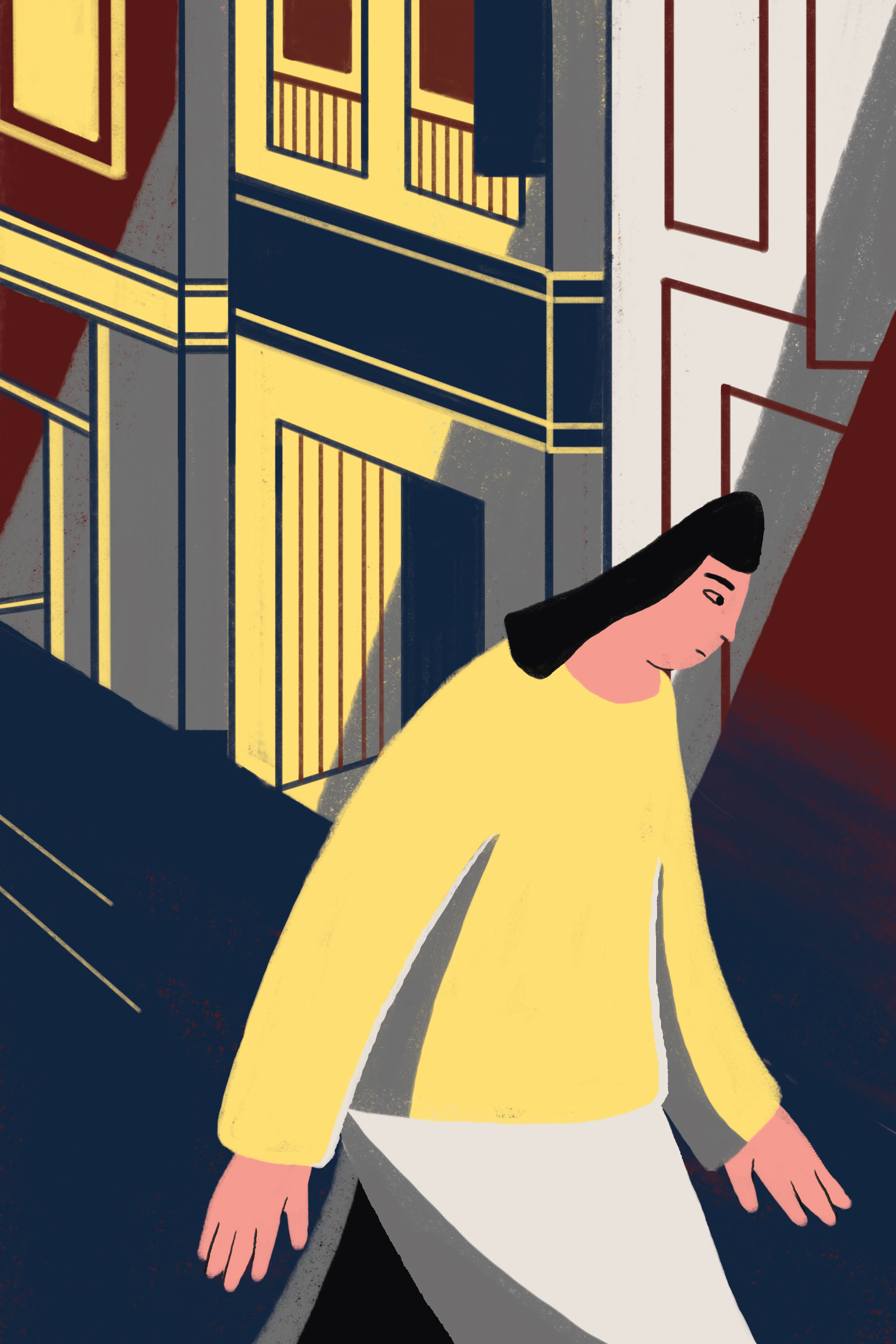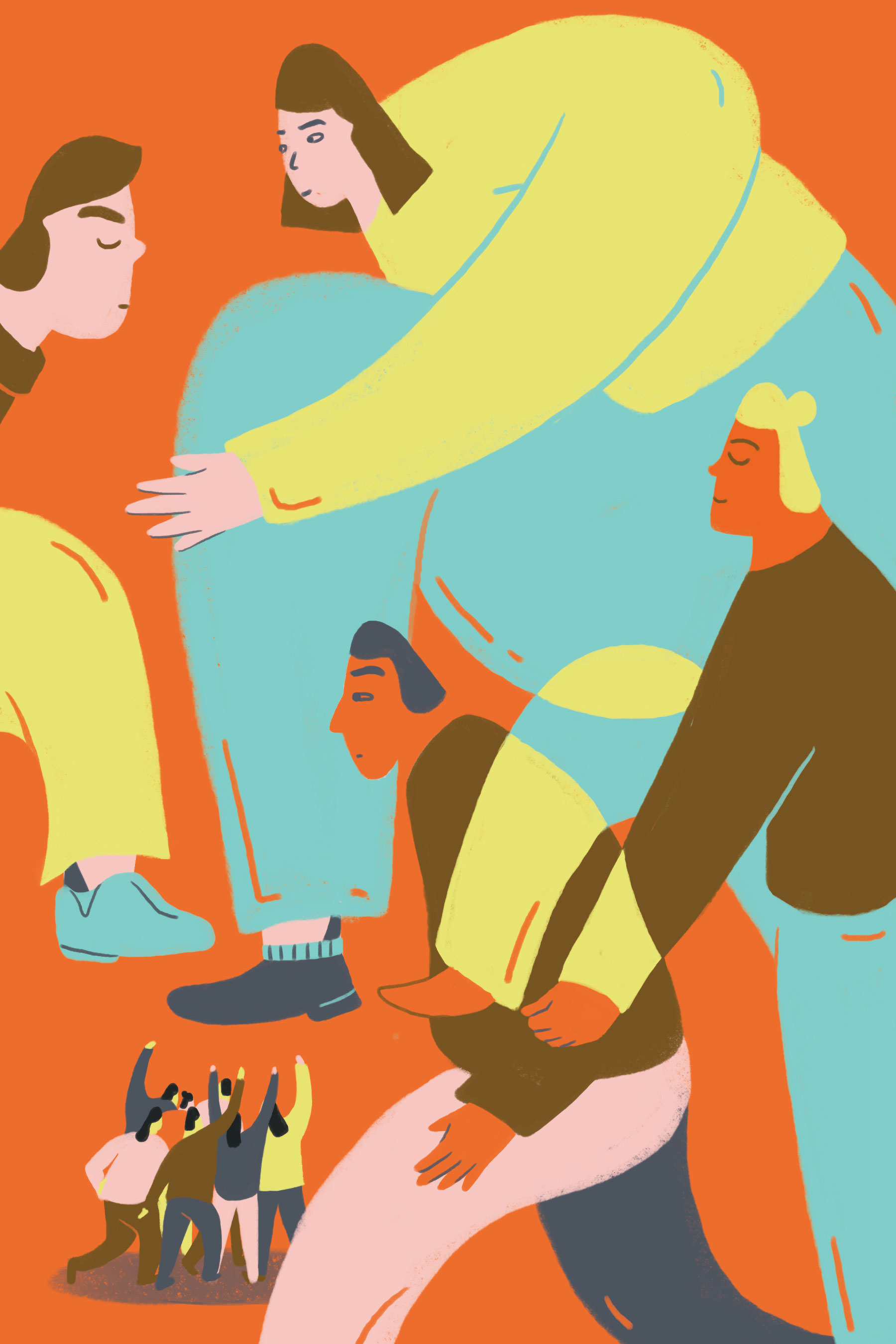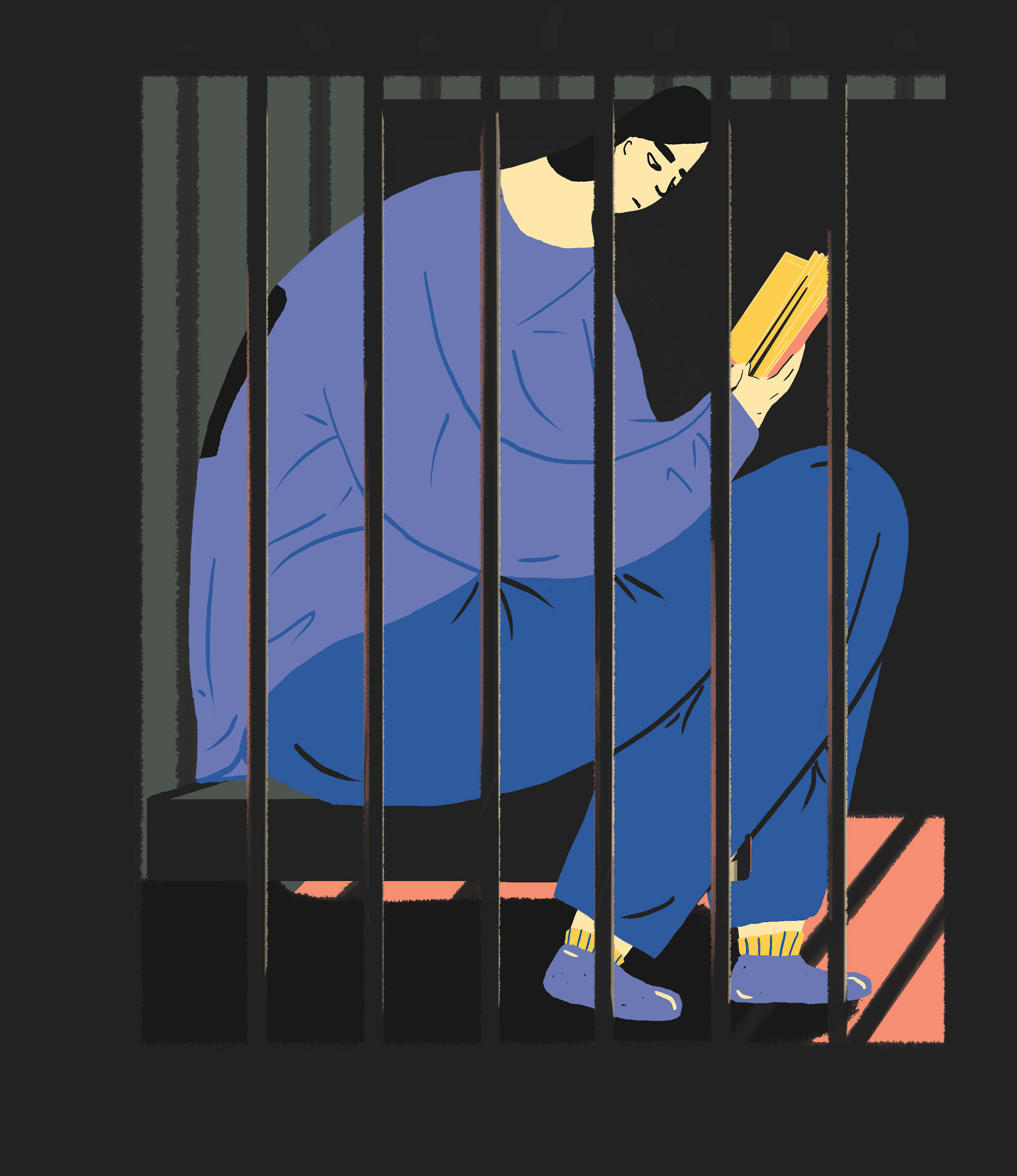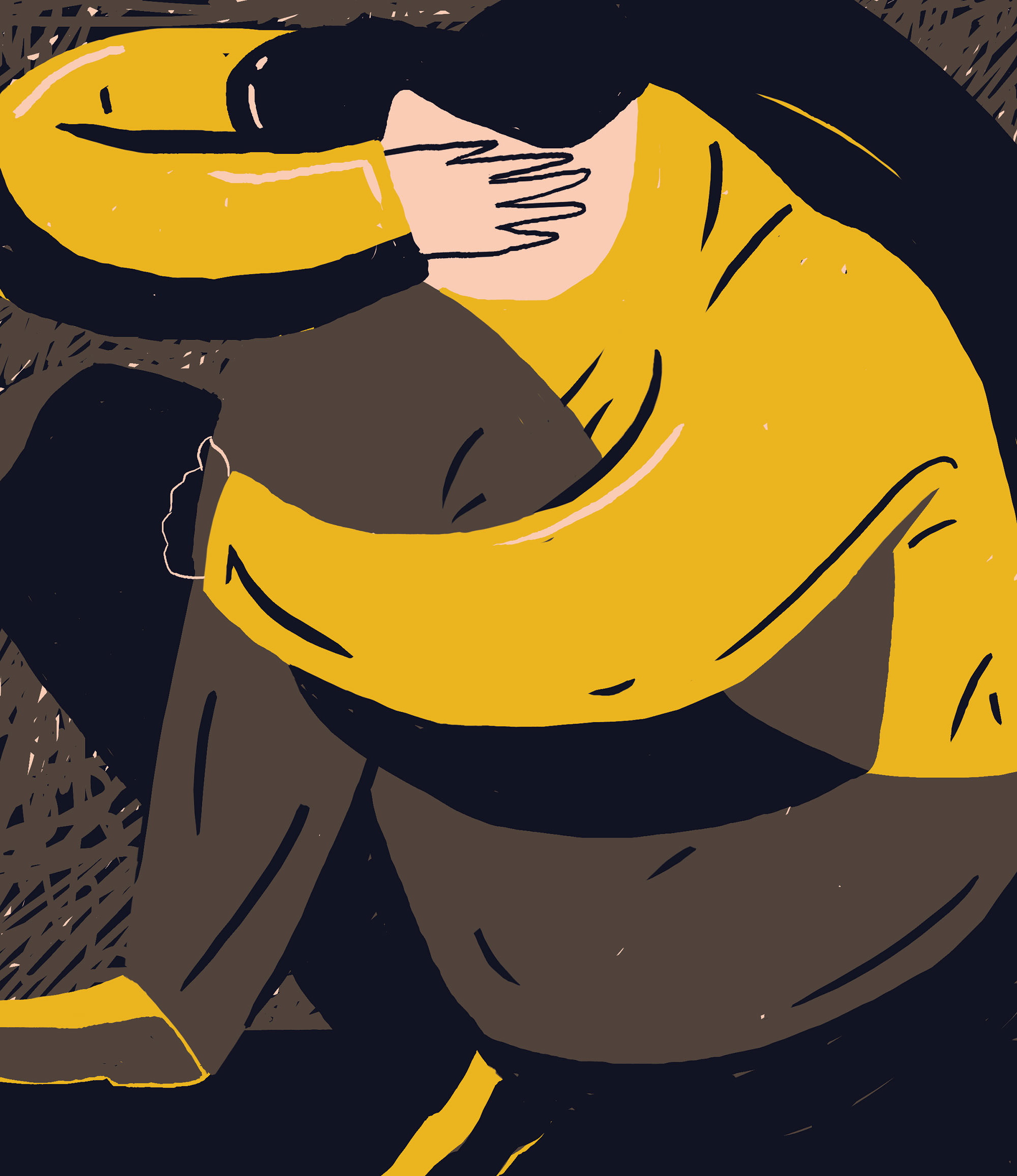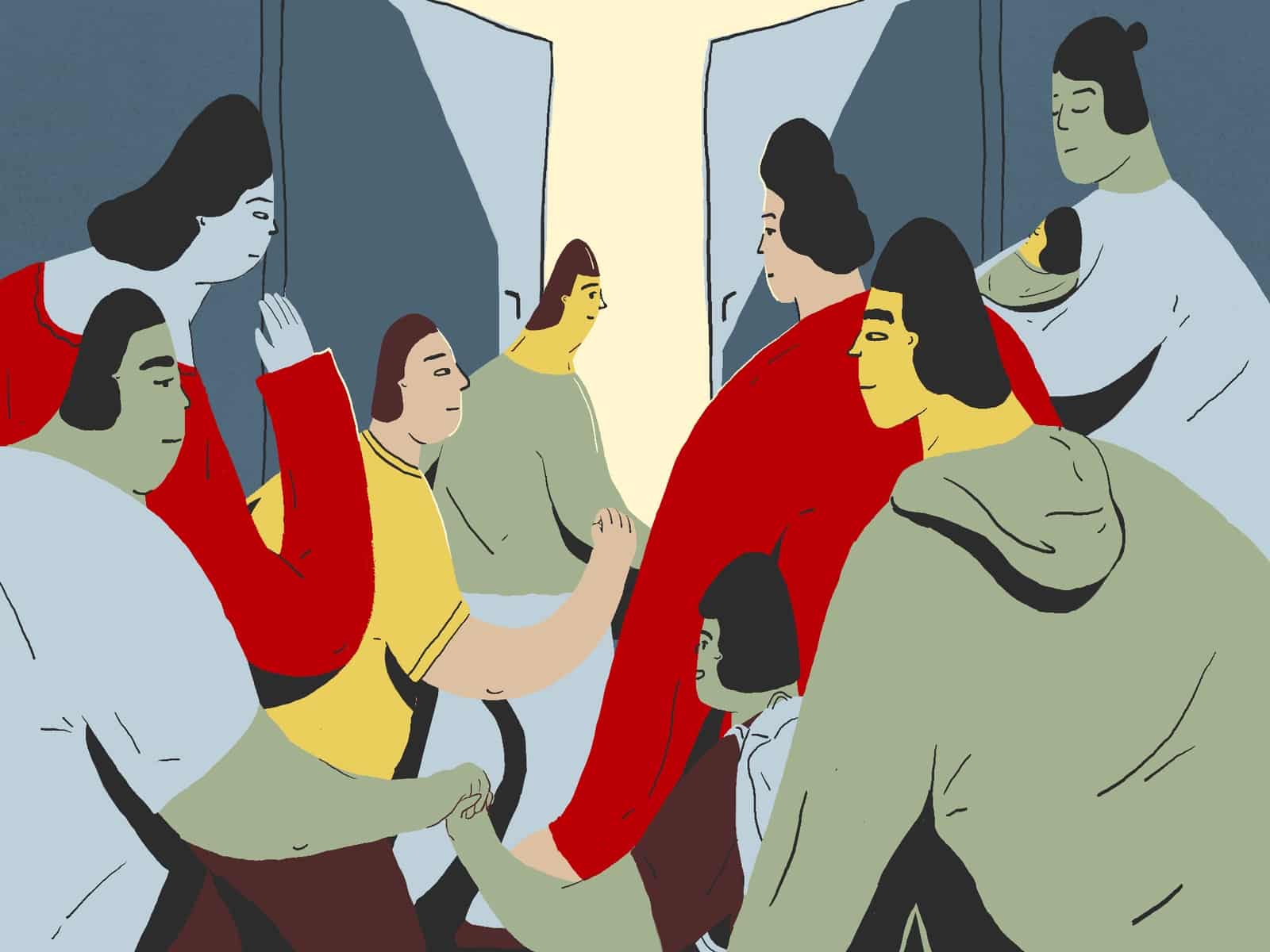
No items found.
Janice Chang is an illustrator/designer from Los Angeles who recently graduated from Art Center College of Design. She loves creating characters, people watching, eating and admiring food, stop-motions, ceramics, and last but not least, chips. Her work can be found at janicechangart.com.

